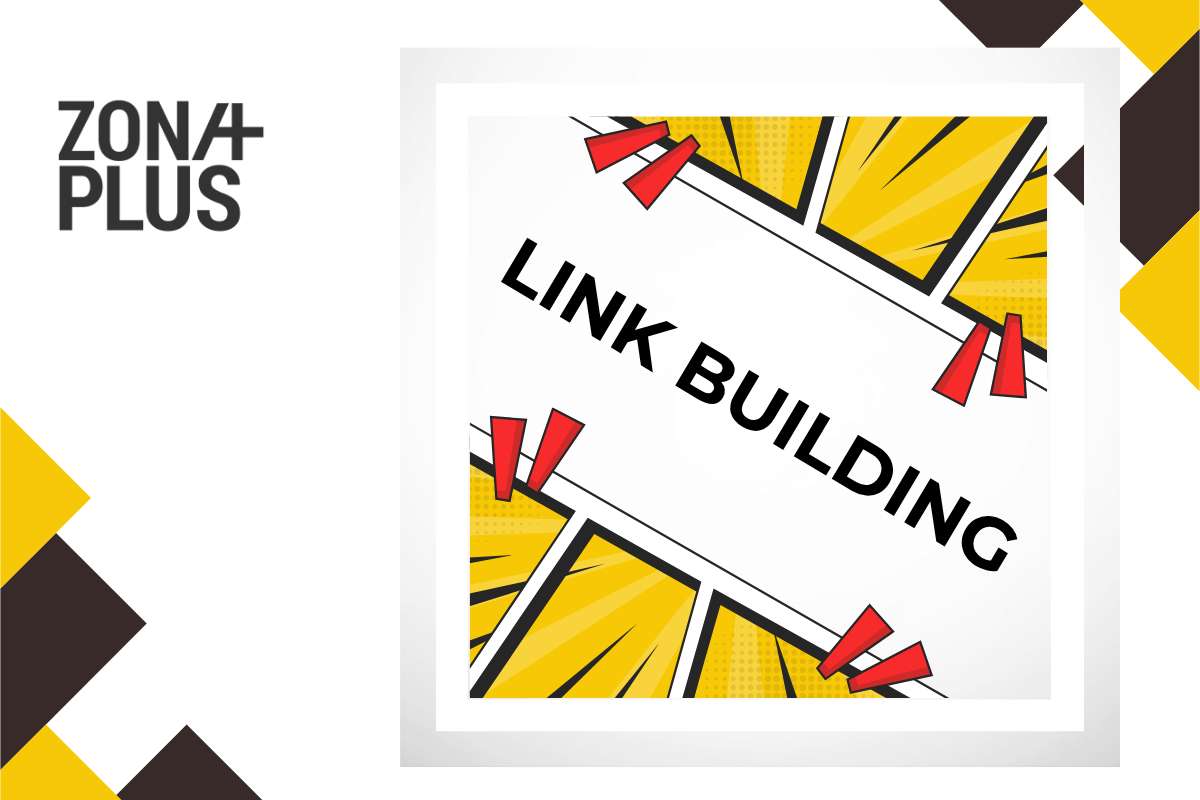
If you have a website and want people to find you more easily on Google, you have surely already heard of the term SEO. And if you have ever read a bit more about that topic, the word link building is probably familiar to you as well. Does it sound technical? It is, but that does not mean you cannot understand it and use it for yourself.
Link building is the process of obtaining links from other websites that lead to yours. These links are called backlinks, and each one of them represents a kind of recommendation to Google. The more quality links you have, the more “important” your website will look in the eyes of the search engine.
For example, if you run a café in the city center and ten people recommend you to others, there is a high chance they will come to you. The same applies to your website: the more other sites recommend you, the better you will rank on Google.
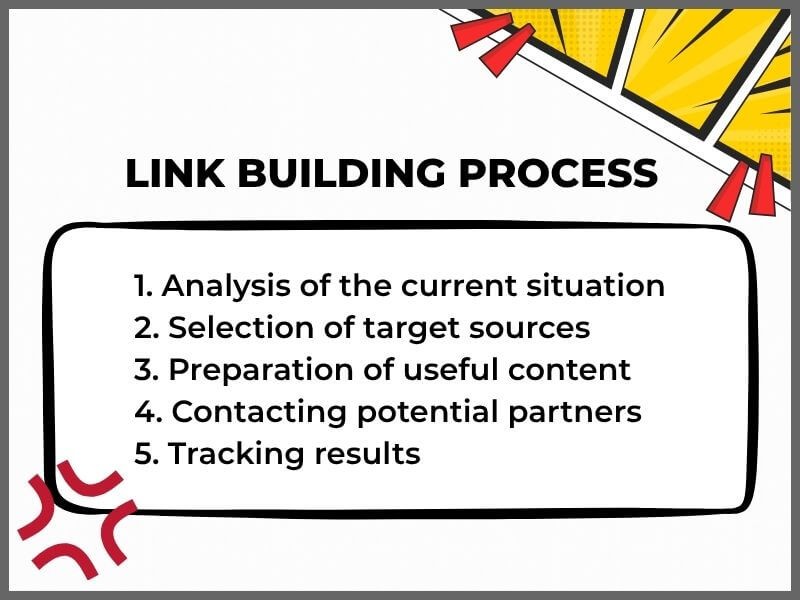
Link building does not happen by chance. It needs to be planned and worked on systematically. Here is what the process can look like:
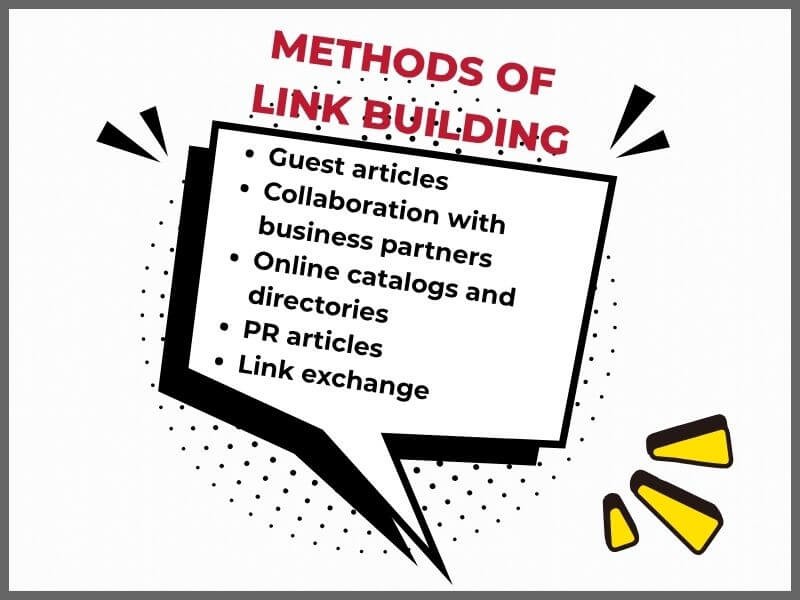
Here are some of the most common and most effective ways:
Guest articles
You write a quality text for a portal or a blog, and in it there is a link to your website. You get a backlink, they get content. A good exchange.
Example: A car mechanic writes an article about preparing vehicles for winter and publishes it on a local portal. The text contains a link to his workshop.
Collaboration with business partners
Ask suppliers, associates or friends who have a website to mention you and place a link to your page.
Online catalogs and directories
Enter your company in business directories that allow you to add a website. Some examples: local business directories, thematic guides, county craft bases.
PR articles
If you have some news from your industry, an interesting project or a story, you can turn it into an article and publish it on a local portal, thematic blog or specialized website, with a link to your page.
Link exchange
If your business has meaningful overlap with another activity (for example, you make kitchens and someone else sells household appliances), you can arrange mutual placement of links on your websites. It is important to have thematically related pages and a recommendation that looks natural; as useful information for visitors, and not as a randomly inserted link without meaning.
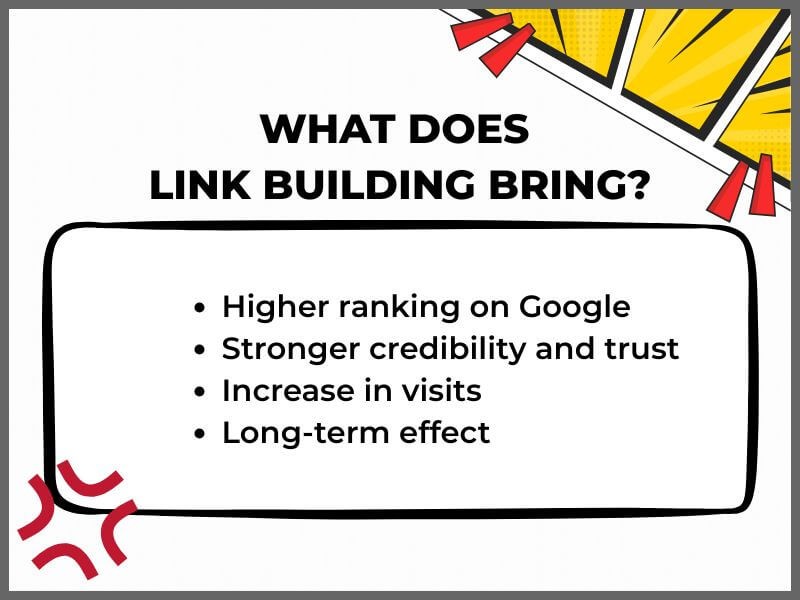
If you are a website owner, your goal is for people to find you as often as possible when they type something related to your business. Link building is intended precisely for that and it is a concrete method by which even small entrepreneurs can improve their online presence.
If done correctly, link building brings visible and measurable benefits, and that on several levels:
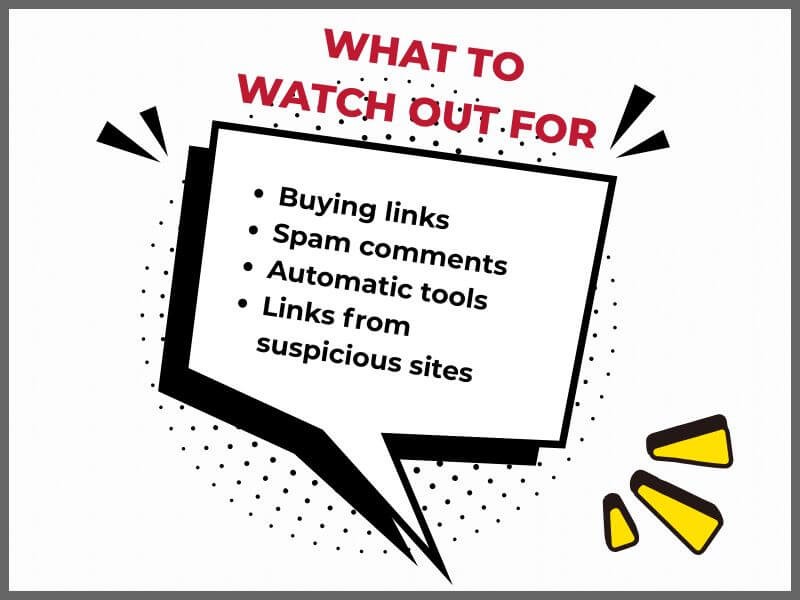
Not every link is a good link. Google is getting “smarter” and knows how to recognize manipulation.
Just because someone mentions your site does not mean it automatically helps you. Today, Google is extremely precise in recognizing manipulation attempts and can penalize you if it detects “forced” links or those coming from unreliable sources.
Here are some examples of what to avoid:
In short: a few quality links are worth more than a hundred bad ones. If a link is placed solely in an attempt to trick Google, it will not help you, because it is not worth much, and it can cause more harm than good.
Here are also some examples that could help you understand what link building looks like:
1. Accounting service from Varaždin
Writes an article about the most common mistakes in flat-rate taxation and publishes it on a portal for small entrepreneurs. The link in the text leads to contact.
2. Plumber from Dubrovnik
Makes an arrangement with a colleague from another county, they mutually place links on their sites because they are not competing for the same clients.
3. Pastry shop from Rijeka
Participates in an article about family businesses published on a local news portal. The journalist in the text also includes a link to their website.
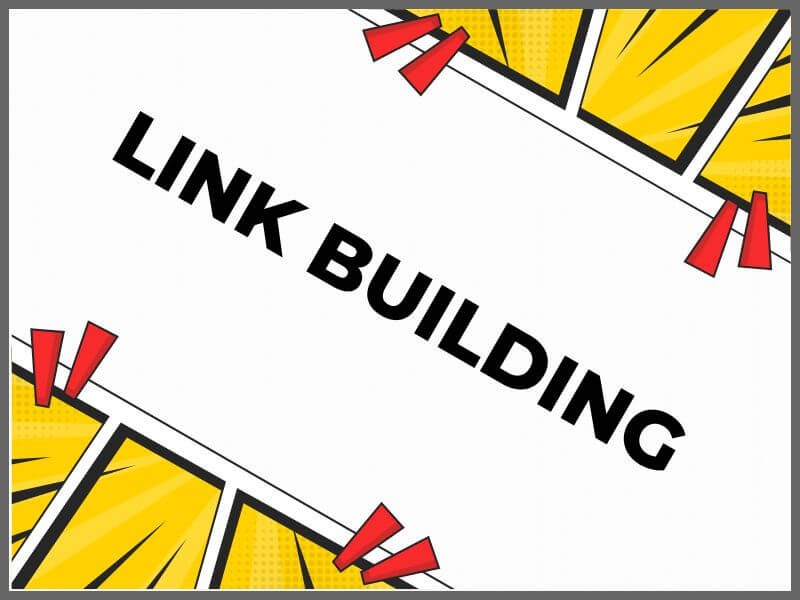
Link building is one of the most important parts of SEO optimization, but many still avoid it because it sounds too technical or complicated.
The truth is just the opposite: building links often provides longer-lasting results than advertising, and without large investments.
If you want a more visible, useful and competitive website, link building should become an integral part of your digital strategy, regardless of whether you are engaged in tourism, services, have a shop or a trade.
At the beginning you do not need a big budget, but you do need a good plan and a little patience.
Instead of looking for quick fixes, it is more profitable to create valuable content and use opportunities you already have - internal links within your own website, which often remain neglected.
It is important to build quality links that really make sense - both for Google and for your future customers and clients.
Do you have a question? Contact us.